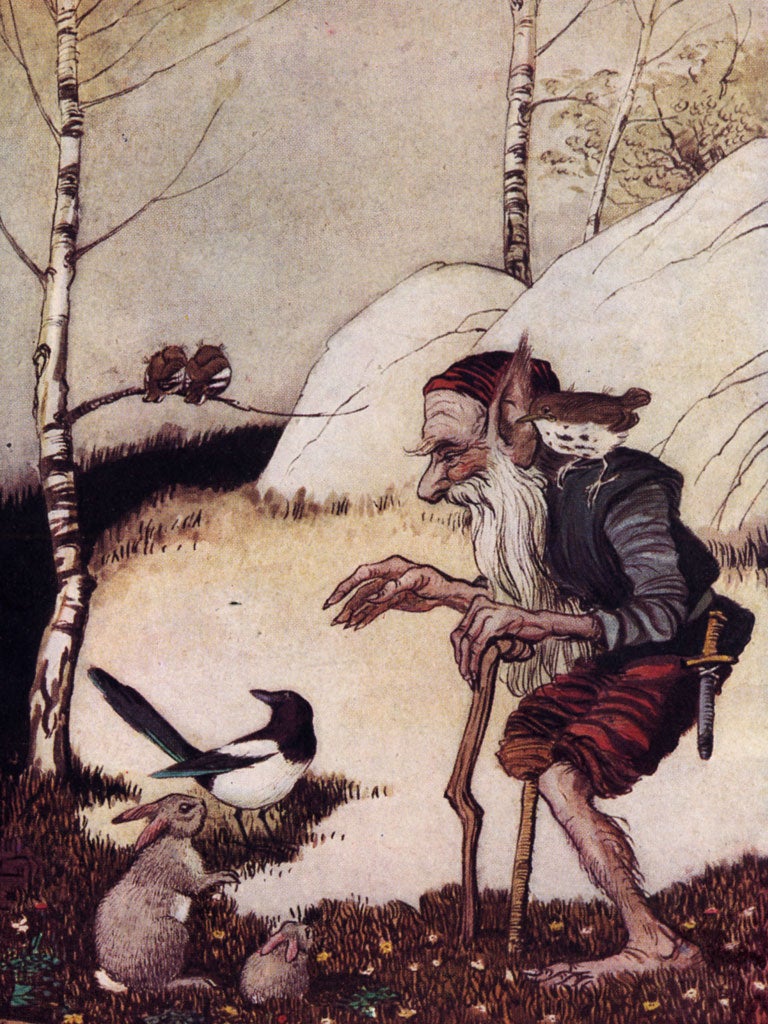Nature Studies by Michael McCarthy: The debt I owe to Dodder, Baldmoney and Sneezewort

Your support helps us to tell the story
From reproductive rights to climate change to Big Tech, The Independent is on the ground when the story is developing. Whether it's investigating the financials of Elon Musk's pro-Trump PAC or producing our latest documentary, 'The A Word', which shines a light on the American women fighting for reproductive rights, we know how important it is to parse out the facts from the messaging.
At such a critical moment in US history, we need reporters on the ground. Your donation allows us to keep sending journalists to speak to both sides of the story.
The Independent is trusted by Americans across the entire political spectrum. And unlike many other quality news outlets, we choose not to lock Americans out of our reporting and analysis with paywalls. We believe quality journalism should be available to everyone, paid for by those who can afford it.
Your support makes all the difference.Our initial encounters with real stories, with fully formed characters and narrative, can shape us for many years to come, and recently I was put in mind of the first story, the first proper book, with which I completely engaged.
It was an epic, in the old-fashioned, precise sense of the term: a long account of heroic adventures. But it was not large-scale, in the way that The Iliad and The Odyssey are large-scale epics, mainly because its heroes were gnomes.
It was called The Little Grey Men, and its author signed himself merely by initials: "BB". (I discovered many years later that BB's real name was Denys Watkins-Pitchford.) I opened it when I was seven years old, and was from the first page lost in the world of its principal characters, Dodder, Baldmoney and Sneezewort (all, by the way, named after rather uncommon English wildflowers).
They were very small people, about a foot or 18 inches tall, with long flowing beards; Dodder, the oldest, had a wooden leg. But they were different from the sort of gnomes you might expect to come across in the genre of High Fantasy which has so obsessed us for the past decade, in Harry Potter and The Lord of The Rings and their imitators. They had no magical powers. They were grounded not in fantasy, but in realism.
Although they were able to converse with the wild creatures around them – the author's one concession to the idea of gnomic difference – they lived, and struggled to live, in the world just as we do, concerned about finding enough food, and keeping warm. But there was more: they were a dying race. They were the last gnomes left in England.
I remember the shiver I experienced when I first read those words. I think it was an inchoate sense, even in a boy of seven, of the transfixing nature of the end of things. It was clear that they could not survive the creeping urbanisation, and the modernisation of agriculture which even then – the book was written in 1942 – were spreading across the countryside. They were anachronisms. The world had moved on from them. Like Butch Cassidy and the Sundance Kid, their time was done.
So much the braver, then, their decision to undertake a great adventure, to make an expedition to find their long-lost brother Cloudberry – ah, Cloudberry! So sad! – who had never returned after setting out one day to discover the source of the small Warwickshire river, the Folly Brook, on the banks of which they lived, in the capacious roots of an oak tree.
I was wholly captivated by their quest, and by its unexpected dénouement; just as I was captivated by Down the Bright Stream, the sequel, which I asked for and was given for Christmas the following year, when I was eight. In the second book, the gnomes' existential crisis reaches its climax; they address it in a most original way, ultimately successfully.
Ever since, I have carried something of their saga with me, but it's not simply the story. It has been something I internalised, in my Merseyside suburban home, at the very first reading: the milieu in which the adventures take place. It is the very opposite of the milieu of The Lord of The Rings, with its Dark Lords and wizards, its fortresses and mountains, its vast clashing armies; it is merely Warwickshire, leafy Warwickshire, Shakespeare's county. There's no Mount Doom with its volcanic fires, merely the Folly Brook, with its kingfishers and otters and minnows, an unsentimental view of a small and intimate and charming countryside, with its small and intimate and charming creatures. And there it is, there is how I have been shaped, since the age of seven: it is a vision of England, and I have loved it all my life.
Join our commenting forum
Join thought-provoking conversations, follow other Independent readers and see their replies
Comments